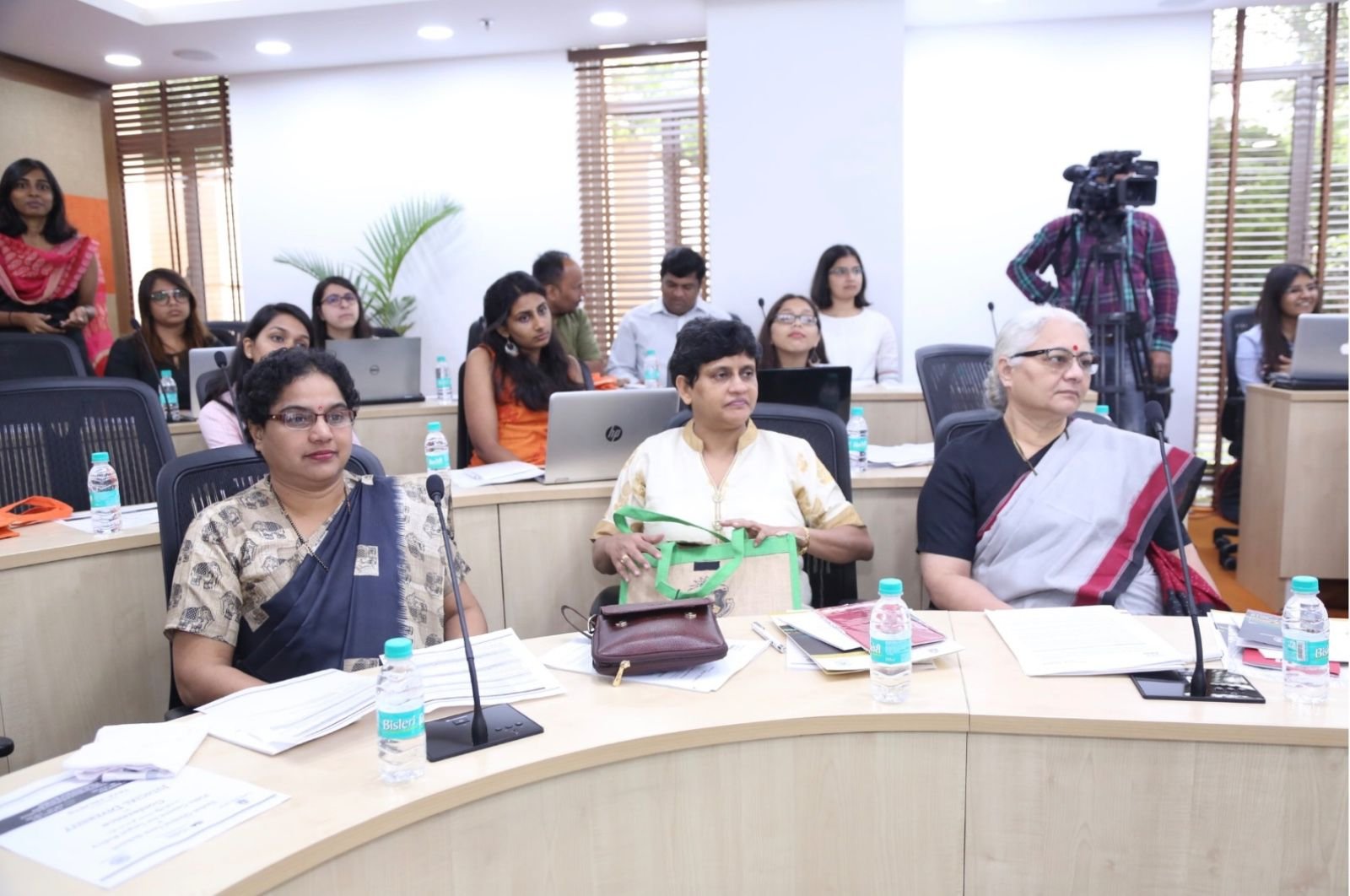
Institutional Capacity Building: The Judiciary
-

National Judicial Colloquium on Reproductive Justice
CJLS organised a National Judicial Colloquium in collaboration with the Center for Reproductive Rights to understand the different viewpoints of various members of the judiciary on reproductive justice, highlight key aspects of national jurisprudence on the right to abortion, and provide a global human rights and comparative perspective on reproductive justice.
The Colloquium touched upon three major issues relating to reproductive justice - access to abortion, contraceptive information and services, and maternal health - and was very successful in establishing a platform for a healthy exchange of ideas and concerns by bringing together practitioners from the legal and medical communities to engage critically on reproductive rights issues.
2019
-

Judicial Diversity Conference
CJLS, in collaboration with Vidhi Centre for Legal Policy organised the Judicial Diversity Conference to identify the underlying causes that prevent marginalised groups from being represented in the higher and lower judiciaries, explore short-term and long-term measures to improve judicial diversity, and initiate a conversation to establish an objective set of criteria to evaluate the impact of diversity within the judiciary.
2018
-
Sensitization Programme on Justicing: Balancing Rules, Principles and Social Context
CJLS conducted a judicial training for judicial officers from the Delhi Higher Judicial Service and the Delhi Judicial Service
2018
-
Dr. Nikhil Datar v Union of India
CJLS filed a joint intervention with the Pratigya Campaign in Dr. Nikhil Datar v. Union of India and highlighted that:
Abortion must be performed with the informed consent and there should be no requirement to approach the Court in any event.
Where an abortion is sought after 20 weeks of gestation, the pregnancy can be terminated at the discretion of the pregnant person based on the opinion of the registered medical practitioner, without the requirement of any recourse to a medical board or the courts.
No medical practitioner should be prosecuted for conducting termination of pregnancy in good faith with the consent of the pregnant woman in accordance with the MTP Act.
There should be an urgent listing and disposal of a case relating to the termination of a pregnancy.
The formation of medical boards and, the requirement of Board authorization for termination of pregnancy is unconstitutional and should not be insisted upon.
2019
-
Suresh Kumar Koushal v. Naz Foundation
Review petition filed by Professor Dipika Jain in collaboration with other academics.
2013
